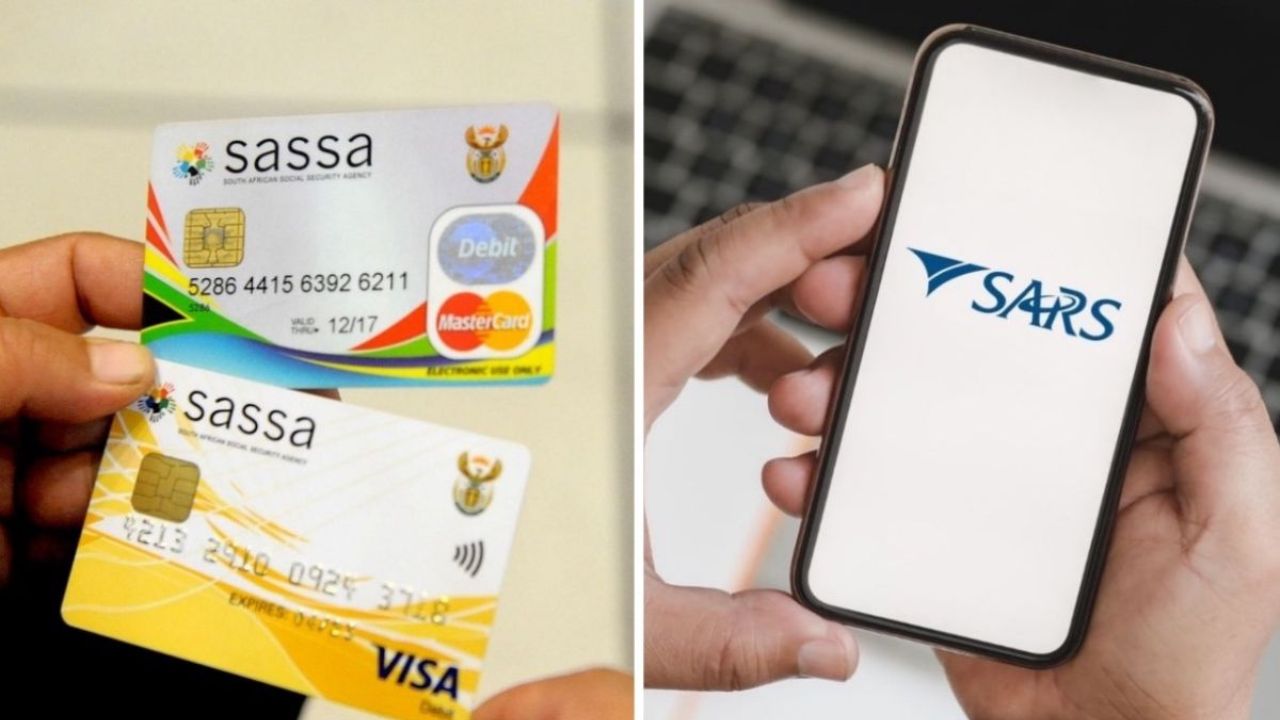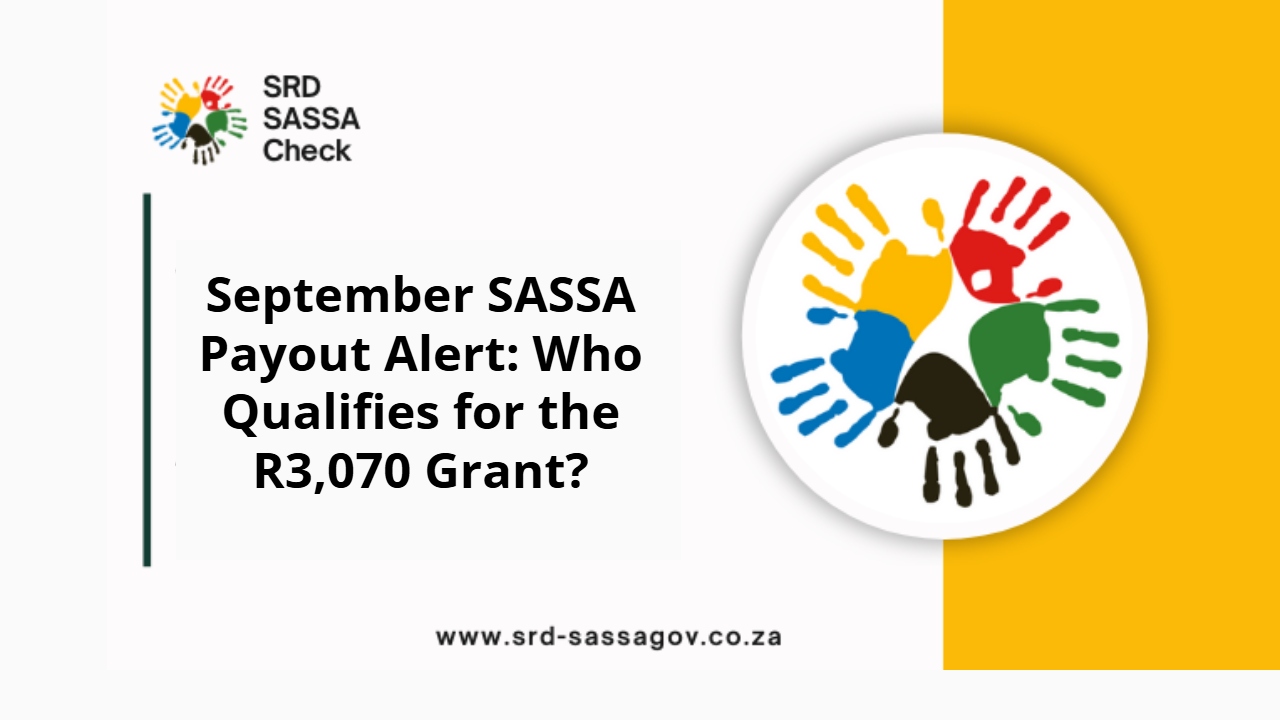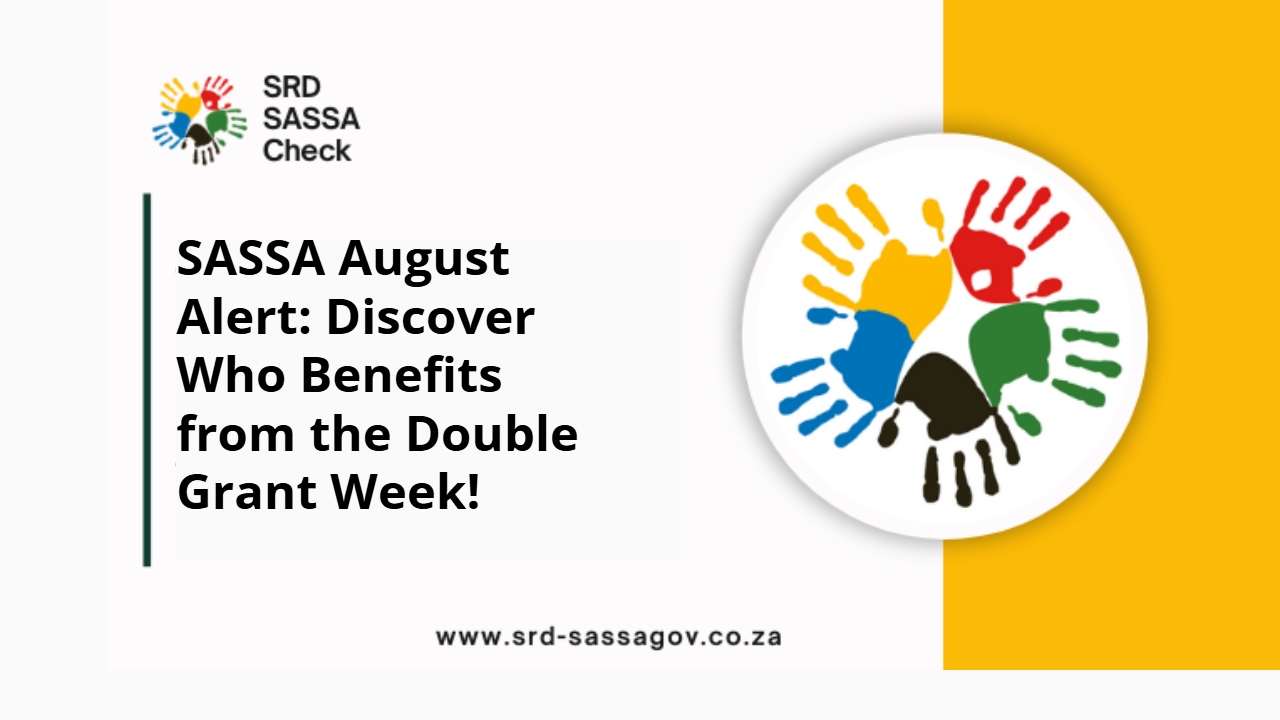South Africa is facing increasing public pressure to exempt South African Social Security Agency (SASSA) grants from taxation. Advocacy groups and citizens argue that taxing the grants diminishes the financial aid intended for the country’s most vulnerable citizens, undermining the program’s purpose of poverty alleviation. As the cost of living rises and economic challenges persist, the debate over a tax-free policy is intensifying.
Current Taxation Policy
Currently, SASSA grants are considered taxable income, but only if a recipient has other income that pushes their total earnings above the tax threshold. This does not affect every grant recipient, but for those with other employment or income streams, it can result in a deduction from their grant payments. This policy is at the heart of the controversy, with critics arguing that it creates an unnecessary burden on low-income households.

Arguments for tax exemption
Alleviating poverty and boosting disposable income
The primary argument for tax exemption is that it would directly increase the disposable income of grant holders. This would allow them to better afford essentials like food, healthcare, and education, thereby more effectively combating poverty. Grant recipients, particularly those with modest additional earnings, are often the ones most impacted by the current tax policy.
Addressing economic inefficiency
Some economists describe the current practice as economically inefficient and wasteful. The government funds grants, and then the South African Revenue Service (SARS) taxes a portion of that money back. In the 2024/2025 financial year, approximately 25% of all personal income tax came from government salaries and SASSA recipients, suggesting a significant portion of tax revenue is simply recycling government funds. A tax exemption would simplify this complex system.
Stimulating local economies
Advocates for tax exemption argue that it would stimulate local economies. When grant recipients have more disposable income, they tend to spend it on goods and services within their communities. This increased consumer spending could benefit small businesses and foster local economic growth.
Enhancing dignity and social justice
Beyond economic benefits, many supporters frame the issue as one of social justice and restoring dignity. They contend that imposing taxes on financial aid meant for the most vulnerable members of society is unfair. Making grants tax-free would reduce the financial stress on low-income households and affirm the government’s commitment to supporting citizens in dire need.
The government’s balancing act
The South African government acknowledges the importance of social grants but faces a complex balancing act.
Fiscal sustainability concerns
Taxing grants contributes to state revenue, and removing this source could impact the national budget. In the 2024/2025 financial year, personal income tax from SASSA and government employee salaries accounted for over R267 billion, which included contributions from government employees and grant recipients. The government must weigh the potential social benefits of a tax exemption against the need to fund other essential public services.
Acknowledgment of public pressure
Amidst growing public pressure, some government officials have expressed sympathy for grant recipients and have acknowledged the economic hardships they face. This suggests the government is under pressure to find a solution that addresses both fiscal responsibilities and public demand.
Review of the grant system
In July 2025, SASSA confirmed it is reviewing the social grants system to ascertain beneficiary eligibility and prevent misuse of funds. While this review is not punitive, any delay in payments can negatively impact recipients. The review, however, underscores the government’s efforts to ensure the integrity of the grant system and its long-term financial viability.
What lies ahead
The debate is expected to continue as advocates push for policy reform and the government weighs its options. The eventual decision will have significant implications for millions of vulnerable South Africans and the country’s fiscal policy. While the public and advocacy groups hope for a policy shift, the government must find a solution that addresses immediate financial concerns while ensuring long-term economic stability.
Hi, I’m Owen. I’m passionate about sharing the latest government aid news, benefits, and policy updates so you can stay informed and make the most of available resources. My goal is to break down complex information into clear, easy-to-understand updates that help you navigate programs and opportunities that matter to you.


